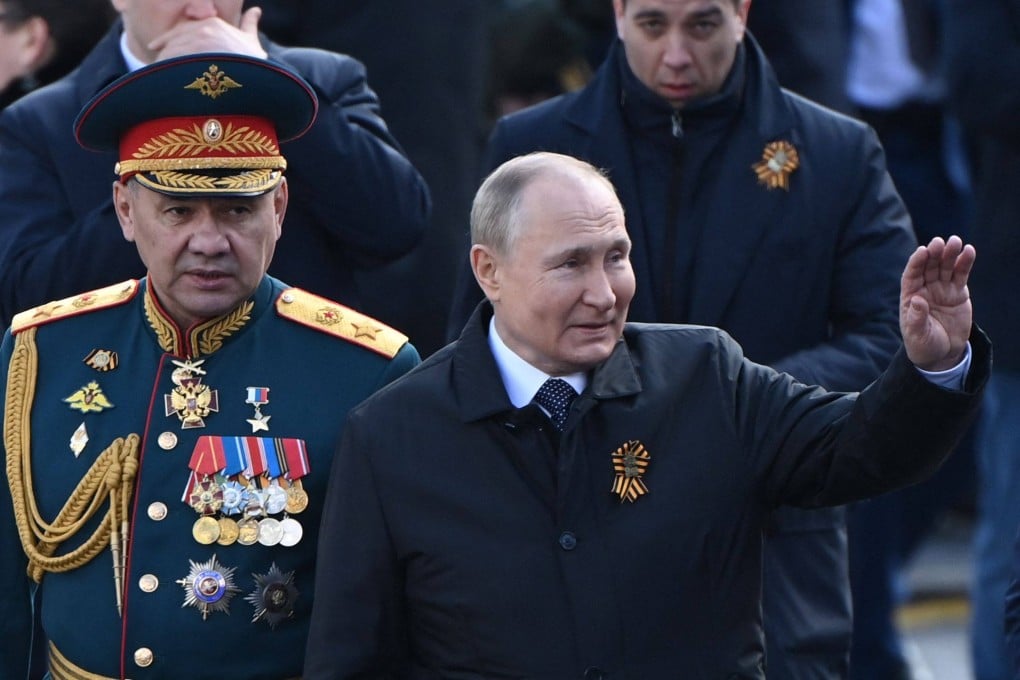My Take | What Russian novelist Nikolai Gogol might think about Vladimir Putin
- A new friendly reader and a disastrous date a long time ago remind me of a famous passage in Russian literature that may have deep relevance for the world we live in today

My friend Deb recently sent me a quote from Nikolai Gogol’s Dead Souls and claimed, perhaps at a metaphysical level, that it helped explain Vladimir Putin’s serial adventurism, and of course, his disastrous invasion of Ukraine.
Actually, I am not sure whether Deb from Gujarat considers me a friend. We have never met face to face. I recently wrote something about India and China. Less than an hour after it was posted online, he sent me an angry missive accusing me, quite correctly, that I knew nothing about his country. Since then, we have been having a healthy correspondence in which he freely shares his erudition and wisdom. I have stolen many ideas from him in this space, and never given him proper acknowledgement. He doesn’t seem to mind, or at least hasn’t complained.
Here’s the Gogol quote. I think it’s at the very end of Dead Souls. Someone please correct me if I am wrong:
“And you, Russia of mine – are not you also speeding like a troika which nought can overtake? … What is the unknown force which lies within your mysterious steeds? Surely the winds themselves must abide in their manes, and every vein in their bodies be an ear stretched to catch the celestial message which bids them, with iron-girded breasts, and hooves which barely touch the earth as they gallop, fly forward on a mission of God? Whither, then, are you speeding, O Russia of mine? Whither? Answer me! But no answer comes – only the weird sound of your collar-bells. Rent into a thousand shreds, the air roars past you, for you are overtaking the whole world, and shall one day force all nations, all empires to stand aside, to give you way!”
The “troika” is a horse-drawn carriage. Unlike Deb, it didn’t at first remind me of Putin’s war, but an embarrassing lunch date I once had in college. The young lady told me she was reading Dead Souls, and mentioned the horses at the end as a metaphor. But I wasn’t interested in what she was reading. Instead, I proceeded to pontificate, like any self-respecting, insufferably pretentious 20-year-old who fancied himself as an intellectual, that Gogol must have been channelling Plato; you know, the famous allegory about the chariots of the gods and those of mere mortals, in the Phaedrus. Every immortal soul, whether that of a god or of a man, is a composite of the charioteer, and his two horses, according to Socrates. Well, here I go again.
With the gods, the charioteer and their horses are in harmony; with humans, not so much. With people, the charioteer is in control of only one horse, but not the other. Sometimes, both horses are out of control. That’s why mortals are torn between reason and passion; some are simply driven by passions, in chaos, incapable of rhyme or reason. These are lunatics and lovers.
“We will liken the soul to the composite nature of a pair of winged horses and a charioteer,” Socrates said.
